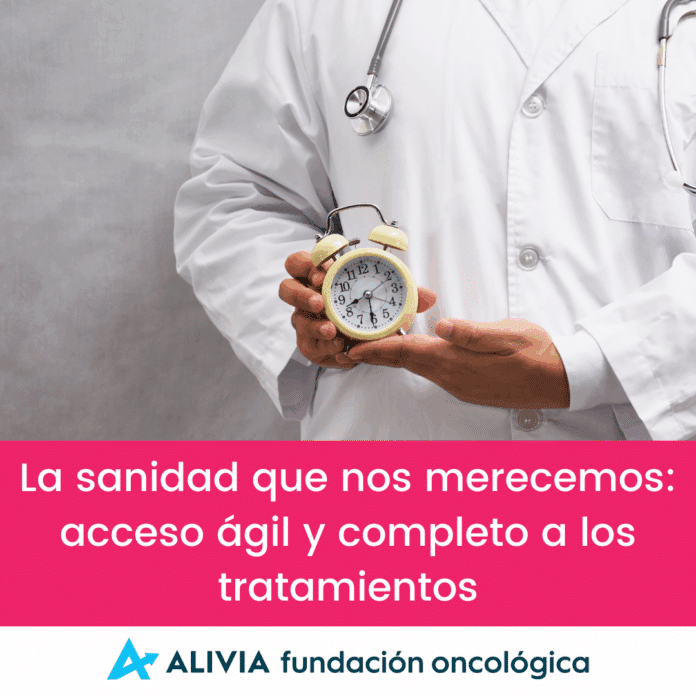The Alivia Foundation has raised the alarm regarding the delays and restrictions faced by new cancer treatments in Spain, despite significant investment and advances in European authorizations. Since 2018, Spain has allocated nearly 993.4 million euros to cancer research through entities such as the Carlos III Health Institute (ISCIII), the State Agency for Research (AEI), and the Centre for the Development of Industrial Technology (CDTI). However, access to these treatments by patients continues to encounter obstacles.
The problem arises after the European approval of medicines, when significant delays occur until they actually reach those who need them. According to European data, Germany guarantees funded access to new oncology drugs on average 128 days after approval. Spain, by contrast, has an average waiting time of 616 days, with only 28% of therapies fully funded, 45% with restrictions, and 27% without public coverage.
The Alivia Foundation criticizes this gap between scientific approvals and real access to treatment. They point to the urgency of ensuring that, after years of effort and investment, Spanish patients do not face long waiting times or restrictions in accessing already approved treatments.
To address this situation, the Foundation proposes as its objective that all of the recommended oncology medicines be available in Spain's public health system within 180 days of their European authorization. This goal seeks to eliminate administrative delays and ensure efficient clinical deployments.
Since its creation in 2021, the Alivia Foundation has been active in defense of cancer patients, facilitating access to modern therapies through initiatives such as Oncoindex.org and Oncomapa. Alivia's commitment is to ensure that no barrier prevents access to treatments that mean hope and quality of life for patients.



